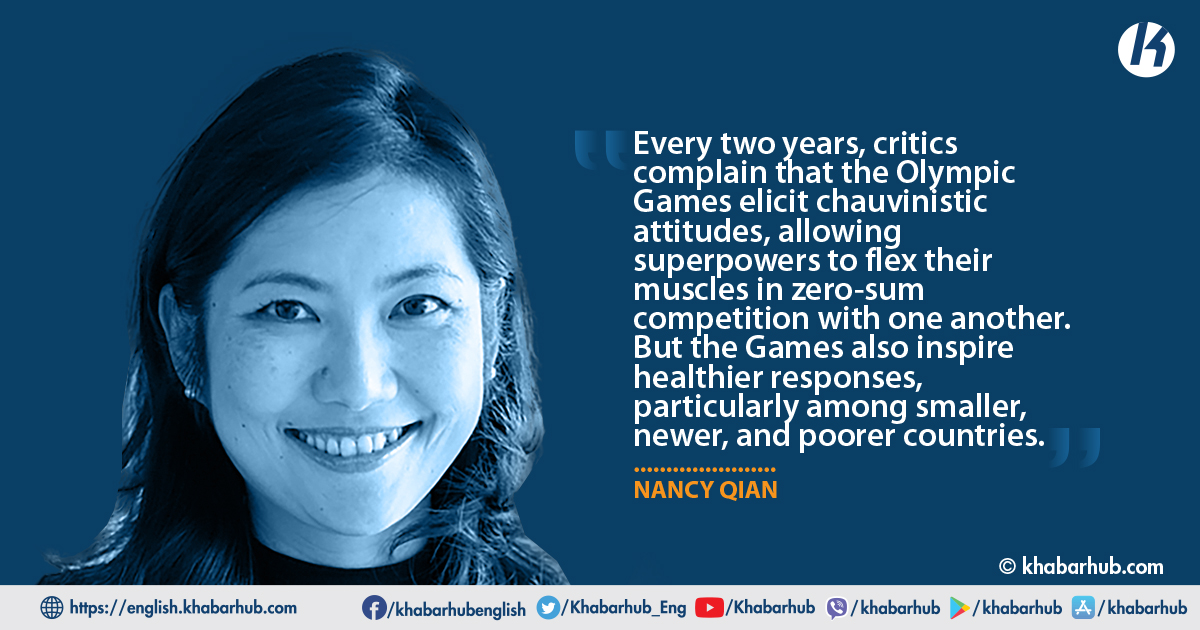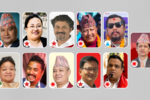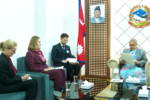In addition to being postponed by a year, the 2020 Tokyo Olympic Games have been steeped in controversy.
According to one recent survey, 78% of Japanese citizens thought the Games should be canceled, owing to concerns about the pandemic.
Since then, Japanese media have been shining a spotlight on the fact that not all visiting athletes (including 100 from the United States) are vaccinated against COVID-19.
On top of these unprecedented public-health concerns are the perennial political issues, such as the common complaint that the Olympics encourage nationalism or chauvinism.
Every event produces a showdown over anticipated medal counts between big contenders like the US, China, Japan, Great Britain, and Russia (which is participating in the Tokyo Games as the “Russian Olympic Committee,” following the country’s ban for doping).
Political regimes around the world recognize that sports can strengthen national identity, and that the Olympics, in particular, can confer status on the world stage.
Historically, the Games have also reminded conquered people of their lost sovereignty. Until 1924, Polish athletes could win medals only by representing other countries.
Governments have long used the Games to tell their citizens, “We have made it.” In 1936, Hitler took full advantage of the Olympics in Berlin, which had been chosen to host the Games in 1931, two years before the National Socialists came to power.
In 1964, the Japanese used the Tokyo Olympics to signal their full rehabilitation after World War II. And in the 1980s, the Olympics became a Cold War football, with the US boycotting the Moscow Games in 1980 and the Soviets boycotting the Los Angeles Games in 1984.
The Games’ political value is one of the reasons that governments are willing to pay so much to host them. China spent $40-44 billion – more than any other country in history, at the time – to host the 2008 Beijing Summer Olympics.
It was then surpassed by Russia, which spent an estimated $50 billion to host the 2014 Sochi Olympics. Between breaking the spending record and annexing Crimea the same year, Russian President Vladimir Putin’s approval ratings duly soared.
To be sure, while the International Olympic Committee recognizes 206 national Olympic committees, a mere 14 countries account for almost half of the 11,326 athletes participating in the Tokyo Games.
There is little doubt that international sporting events can amplify the more unpleasant aspects of nationalism, as in the case of the 1936 Berlin Games.
Historically, the Games have also reminded conquered people of their lost sovereignty. Until 1924, Polish athletes could win medals only by representing other countries.
And for generations, athletes from forcibly annexed Soviet Republics, such as the Baltic states and Ukraine, were forced to represent the Soviet Union or not compete.
But the feelings inspired by international sporting events aren’t all bad. A collective desire to win can mitigate discrimination against minority groups, as when the US establishment recognized the talents of Jesse Owens, who went on to win four track-and-field gold medals at the Berlin Olympics, inspiring generations of young black Americans.
And more recently, tennis star Naomi Osaka’s phenomenal ability has moved many Japanese to overcome traditional ethnic and gender biases. Osaka’s lighting of the Tokyo Olympic torch will have significant social ramifications across Japan, if not all of East Asia.
Sporting competitions also offer opportunities for a new country to establish its sense of nationhood. In 1992, Nelson Mandela’s attendance at the Barcelona Olympics symbolized South Africa’s emergence from apartheid.
In the late 1990s and early 2000s, Croats came together to cheer on Wimbledon champion Goran Ivanišević and basketball star Tony Kukoč; and Belarusians today can take pride in biathlete Darya Domracheva and tennis star Viktoria Azarenka.
Finally, international sporting events also provide unique opportunities for patriotic nation-building in countries with internal divisions.
For example, researchers have found that qualifying for the Africa Cup of Nations and the FIFA World Cup substantially reduces ethnic conflict in Sub-Saharan African countries, because participation gives citizens a shared experience and reduces mistrust across ethnic groups.
The 52 Games that have taken place since Pierre de Coubertin founded the modern Olympics have produced plenty of undesirable consequences.
To be sure, while the International Olympic Committee recognizes 206 national Olympic committees, a mere 14 countries account for almost half of the 11,326 athletes participating in the Tokyo Games.
All 14 of those countries are in the OECD, except for China and Russia, which have the world’s second- and eleventh-largest GDPs in the world. Not surprisingly, the same 14 countries dominate the medal count and the news cycle.
Nonetheless, the Games matter a great deal to the other 192 countries that we hear little about. For these smaller, newer, or poorer countries, the Olympics are not about winning the most medals or claiming superpower status.
The point, rather, is simply to share in the experience of participating. The Games offer national validation and unity, and thus a chance to build economic and political stability.
The 52 Games that have taken place since Pierre de Coubertin founded the modern Olympics have produced plenty of undesirable consequences.
But they have also proven to be a positive force in many countries, especially those that seem least important in terms of medals and geopolitical power.
(Nancy Qian, a professor at Northwestern University’s Kellogg School of Management, is Founding Director of China Econ Lab and Northwestern’s China Lab)
Copyright: Project Syndicate









Comment